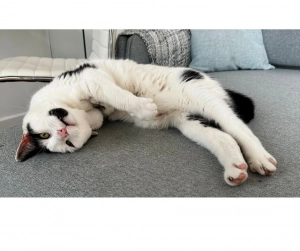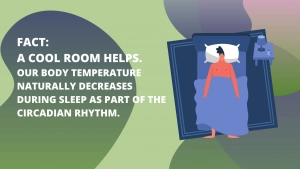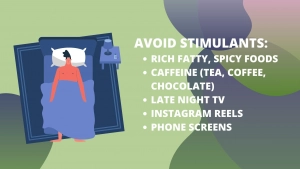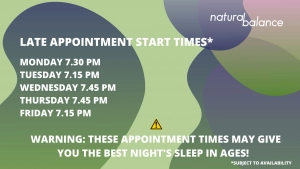I love warm weather and long days, BUT this year has felt different and not positive.
I’ve had difficulty sleeping and felt hot and uncomfortable at night, not helped by my hyperactive cat, Loki, who wants me to get up at 3 am.
I recently endured eight consecutive mornings of being woken at dawn by the unwelcome combination of loud bird song, meowing cat and bright light, and it’s left me feeling tired and depleted and actually thinking the Summer Solstice is a pain in the ***!

|

Of course, there are benefits to increased exposure to natural light too. Natural light exposure regulates our circadian rhythm, enhances mood, and boosts vitamin D production. It can help us feel more energised, improve our mood, and contribute to overall well-being… I’m just not feeling it at the moment, lol.

So what helps?
- I have a room thermometer in my bedroom and try to get the temperature to around 19 degrees by opening windows around the house. A study published in the journal “Sleep” 1997 found that a cooler room temperature of around 15 to 20 degrees led to better sleep quality than warmer temperatures.
- I use an eye mask. I won’t be sharing any pics of this, lol.
- Avoid stimulants like coffee, late-night TV, and Instagram reels on the iPad and read for an hour from a book or Kindle.
- A late-evening massage can really make a difference. The last time I had a Deep Tissue Massage with Reflexology at 7 pm, I drifted home and slept solidly for 8 hours.

On a positive note, I know the negative effects of long days are temporary and that my body will adapt with time.
Maybe this year feels worse than normal as summer seemed to arrive suddenly following a long winter and short Spring. I’m sure the high pollen count can’t have helped, either. What do you think?
Grab a late evening appointment now. It may give you your best night’s sleep in ages. Check availability here.

